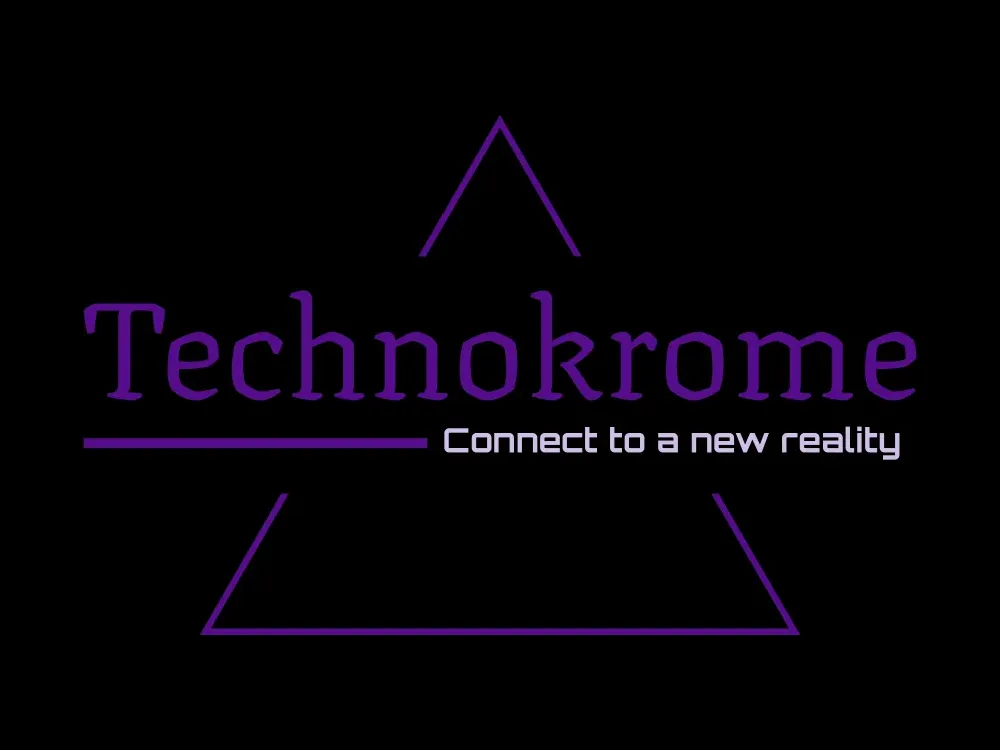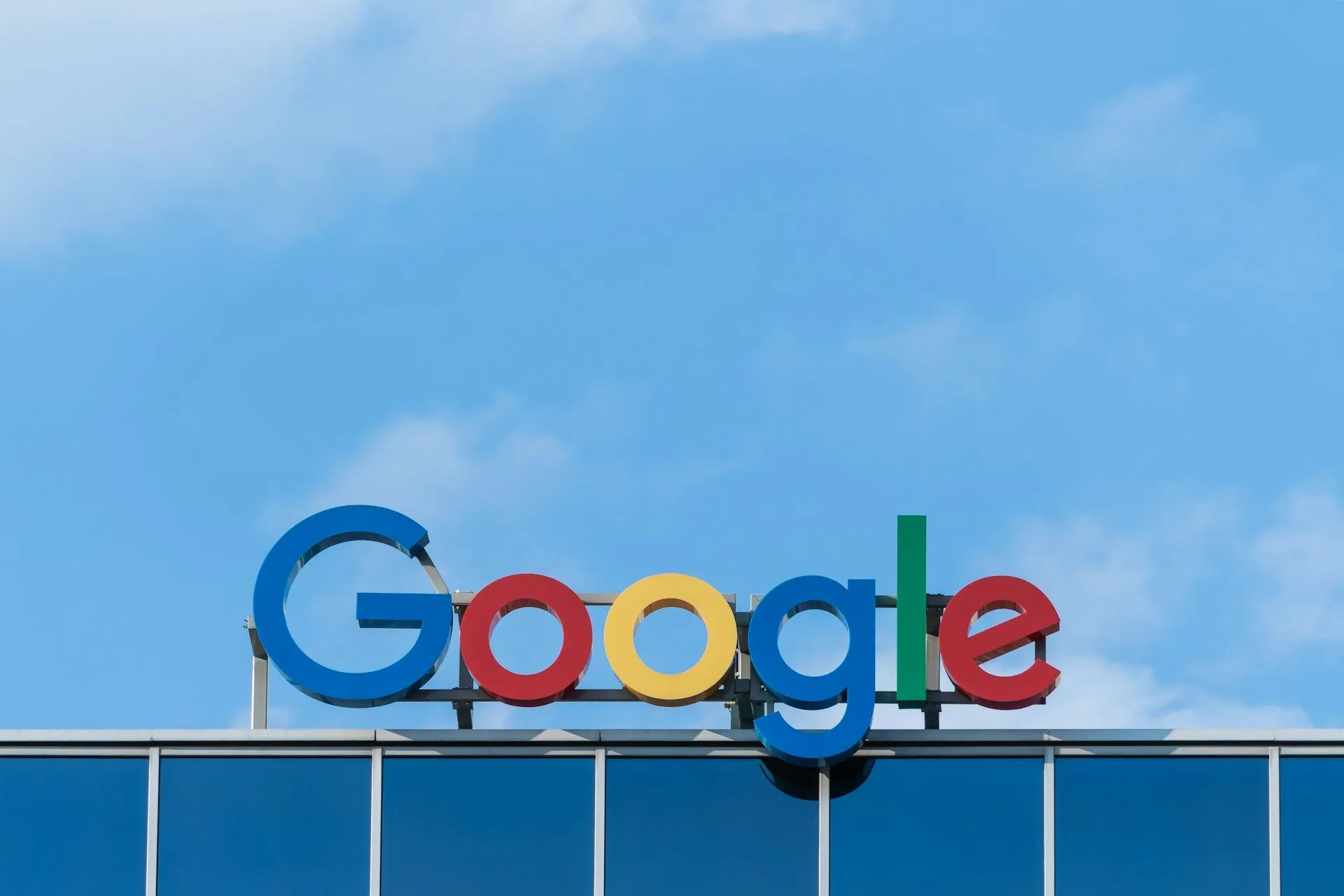The Battle Continues | Google vs. Epic Games
In the ongoing saga between tech giants and game developers, Google has taken a significant step in its legal battle against Epic Games. The search engine behemoth has formally requested the 9th Circuit Court of Appeals to temporarily halt the implementation of a recent court order. This order, stemming from Google’s loss in an antitrust lawsuit filed by Epic Games, would require the company to open its Play Store to competitors.Table of Contents
The Antitrust Verdict
A federal jury recently found Google guilty of maintaining an illegal monopoly on app distribution and in-app billing services for Android devices. This verdict led to U.S. District Judge James Donato ordering Google to:
- Allow third-party app stores access to the Google Play app catalog
- Make these stores downloadable from its storefront
Google's Concerns | Security and User Experience
Security Risks
Google's primary argument for the stay revolves around security concerns. The tech giant claims that implementing the court's order would:
- Expose approximately 100 million U.S. Android users to "substantial new security risks"
- Threaten Google's ability to provide a safe and trusted user experience
- Potentially mislead users into thinking Google vouches for third-party app stores
User Experience and Business Implications
Beyond security, Google raises several other concerns:
- Harm to businesses that don't want their products alongside inappropriate content
- Risk of legitimizing "bad-intentioned" stores
- Increased vulnerability to phishing attacks through deceptive links
- Potential compromise of user data and device security
The Billing System Dilemma
One of the court's key proposed changes involves allowing developers to remove Google Play billing as an option. Google argues that this could:
- Force an option lacking expected safeguards and features
- Disrupt the current commission-based system
Implementation Challenges
Google emphasizes the practical difficulties in implementing such sweeping changes:
- The three-week timeframe given by the court is described as a "Herculean task"
- Rapid changes could lead to major functionality issues for Android devices
Questioning the Verdict
Google's filing also raises questions about the consistency of antitrust rulings:
- It contrasts the verdict against them with Apple's victory in a similar case filed by Epic Games
- Google argues that unlike Apple's closed system, Android was built with choice in mind
Epic Games' Response
Epic Games, the plaintiff in this case, has responded to Google's motion:
- They accuse Google of fear-mongering and using security as a pretext for delay
- Epic views this as Google's attempt to protect its control over Android and maintain high fees
- They argue for swift implementation of the court's injunction to benefit developers and consumers
The Road Ahead
As this legal battle unfolds, the tech industry watches closely. The outcome could significantly impact:
- The future of app distribution on Android devices
- The balance of power between platform holders and app developers
- Consumer choice and security in the mobile ecosystem
While Google seeks to protect its interests and user safety, Epic Games and others push for a more open and competitive marketplace. The court's decision on this stay request will be a crucial next step in this high-stakes legal drama.




